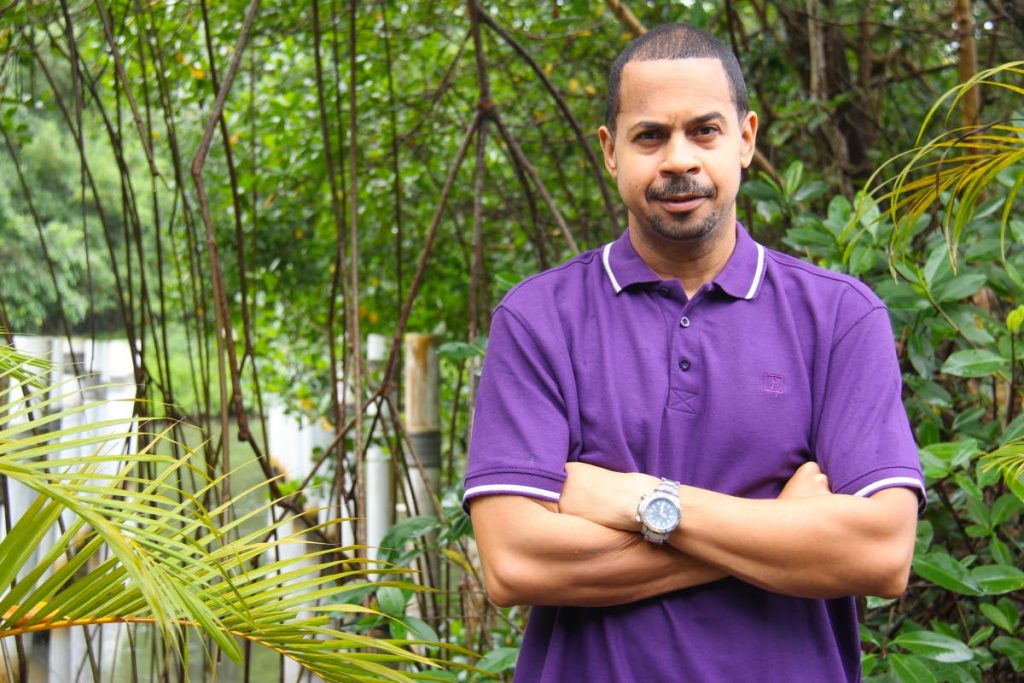A culture of accountability

WHEN a government smothers dissent through censorship or victimisation, that government voids its mandate to govern people in a democratic society. What happens though, when people censor and victimise themselves?
The PM's recent health scare prompted a barrage of sentiments and not all good. To think of people rejoicing over Rowley's heart troubles is...disheartening. The schadenfreude parade online came across like this: "Ha ha, you're sick, but at least I'm a bad person!"
More importantly, some on Facebook questioned the propriety of Dr Rowley being treated at a private hospital. Many commenters on those posts either deliberately or unwittingly misinterpreted the salient point behind those inquiries. "You feel leaders in dem big countries go to a public hospital?"
Rowley has described health care in TT as the best in the Commonwealth. If the PM has full confidence in the quality of public health care, it's reasonable to expect he would submit himself to this world-class system. Of course, no one who has escaped public health alive would be surprised the PM went private.
Still, when a government insists on a narrative that sharply conflicts with innumerable experiences of ordinary citizens, that narrative demands interrogation and accountability – neither of which are tolerated.
The balisier brigade foments an environment of fear perpetuated through menace. Thus, legitimate discussions about governance, crime, the economy, and failed institutions, are driven underground. PNM sentinels patrol social media to ferret out perceived voices of revolt so they might be cleansed with dispatch.
For an example of what a functional culture of accountability looks like, we need look no further than news from the UK last week. Even with covid19 cases surging there, the big story hinged on scandalous revelations about a government-funded food package programme.
The scheme, meant to offer meal support for children at home from school is supposed to provide packages worth 30 pounds per week. What arrived at homes could hardly be fashioned into a meal, let alone last a week. It's estimated food supplies were more closely valued at 5 pounds, not 30.
Mothers shared pictures of the pitiful wartime rations, triggering widespread calls for action and an investigation from varied groups in UK society. The fuss was powered by non-partisan demands for accountability over the expenditure of taxpayers' funds. This was about waste, greed, and indignity. People, from varied backgrounds, weren't going to stand for it.
Oddly enough, the same story played out in Trinidad. Last year, when covid19 relief measures were allegedly being rolled out, food hampers were distributed after food cards reportedly "ran out." One man posted the doh-care package he received - it was a smorgasbord of stool-stiffening starches including pasta, rice, a few potatoes, a bottle of oil, and perhaps a tin of sardines.
As a father of several young children, he questioned how he was meant to make a meal from these ingredients. For his impertinence, he was immediately savaged by sentinels whose sensors sniffed out his treachery. "The people too damn ungrateful! He beggin' and is gourmet food he want!"
Anyone challenging Government faces blistering condemnation of pro-government goons activated by politicians who only practise blunt force politics, not public service. As a result, many citizens have become leery of calling out the government on its failings.
The resulting pall of silence is of recent vintage - a dramatic shift from the period 2010 to 2015. Those five years were characterized by an enduring din of outrage.
For example, under the people's partnership, Kirk Waithe of Fixin' T&T (among many others) was a constant thorn in the side of that government. He became a darling of sorts of the social media set, keeping issues of corruption on the front burner. When the government changed in 2015, Waithe forgot to change, so did corruption and incompetence in government, for that matter.
Waithe turned his attentions to the PNM government. Those who celebrated him a few short years before, pilloried him for speaking out against their party. There's more! He was even accused of having benefited from corruption under the PP government; the same one he helped oust!
So here we are in this bizarre world we've created where outrage and accountability are partisan pursuits. Corruption and incompetence are only acceptable if "your" government is in office. A culture of accountability is an impossibility in a society in which right and wrong are usurped by subjectivism. No one should ever live in fear of their government or its sworn surrogates bent on stifling truth.

Comments
"A culture of accountability"